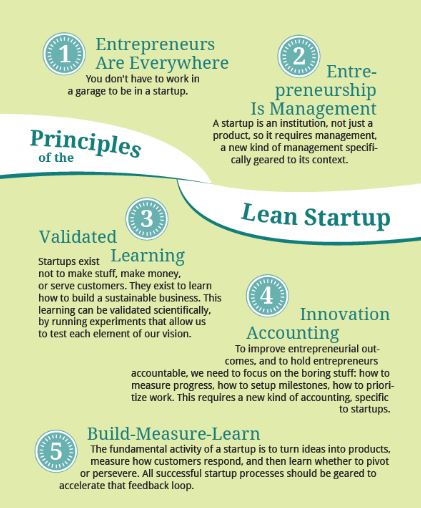As we discussed in the earlier posts, you already have a great idea, team and everything that you need to get to building a great business. You may also already have started and are growing. To grow, at some stage you will have to interact with the complex legal systems in India. This will be the most critical phase during the growth of your business as some of these will make or break your business.
India ranks 142nd on ease of doing business index by World Bank Group of 189 economies in the world.
The legal complexity to do business in India acts as a barrier to most entry businesses and kills any unsuspecting entrepreneurs. But if you can manage things right and have a right set of advisors, you will benefit.
Facts show that Reliance is spending about INR 1200 Cr every year towards legal and regulatory expenses. This helps them get a significant strategic advantage over their competitors. Some other companies spending over INR 500 Cr towards legal and regulatory expenses are Infosys, L&T and TCS.
As a startup, we are not competing with these huge budgets, but what our main focus should be on is to avoid spending on legal expenses at all. Let’s see how we can accomplish this.
- Incorporation
Many entrepreneurs get into incorporating a private limited company without even validating the needs and exploring options. I would recommend to get into a detailed Founder’s agreement instead of incorporating at the beginning. Incorporate only when you start generating some revenue. If you decide to incorporate right at the beginning, you should consider; tax liability of the business and managing foreign investments which many companies may take. LLP’s are cheaper than Private Limited’s in terms of tax liability and offer almost the same features. What we need to know is that a LLP can be converted to a Pvt. Ltd and vice-versa. Taking foreign investments from an offshore parent company is a smart move to save on income tax as a founder or cofounder.
2. Licenses
To conduct any kind of business in India, you will need various business licenses depending on the nature of the business. Consulting a lawyer or a CA who specializes in handling transactions for a startup is advisable. The licenses which are required are tax registrations, trade license or shop act, manufacturing and import-export require multiple licenses. As soon as you employ more than 10 people there are another set of labor and employment related licenses. Not following the licensing norms leads to heavy fines, legal suits and sometimes even business shut down. As an entrepreneur, you should have a sense of all the licensing requirements and ensure that you do not violate any license conditions at any point while conducting business.
3. Accounts and Taxation
Many businesses fail at proper accounting and end up fighting legal lawsuits, hefty penalties, sometimes imprisonment with respect to tax bills. All this just due to negligence or lack of knowledge.
When the business is very small, you don’t come under the radar of the tax officers and you are safe, but as soon as you grow, the tax officers are going to run a micro scan of all your transactions even for the entries during your startup. Any violation will lead to many legal actions and you end up paying very high amounts to tax lawyers. Avoid this by paying equal attention to legal requirements.
4. Vendor contracts
This is also an important aspect of conducting business. Here the authorities are not going to question you, but your business could be at stake if you do not have a detailed contract with your vendors. If your contracts have confusing clauses which may help your vendors to take an action for the company and using the contract the vendor play you around with your competitor, your business may incur major losses. To avoid such situations, the only way out I see is to learn some contract law because as an entrepreneur you will go through many of them.
Steve Jobs once at Apple said, “every intelligent person should know how to read and negotiate a contract, just like everyone should start learning how to code!”
This topic is very vast and I will keep writing more details of each aspect in my future articles.






